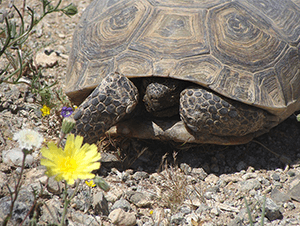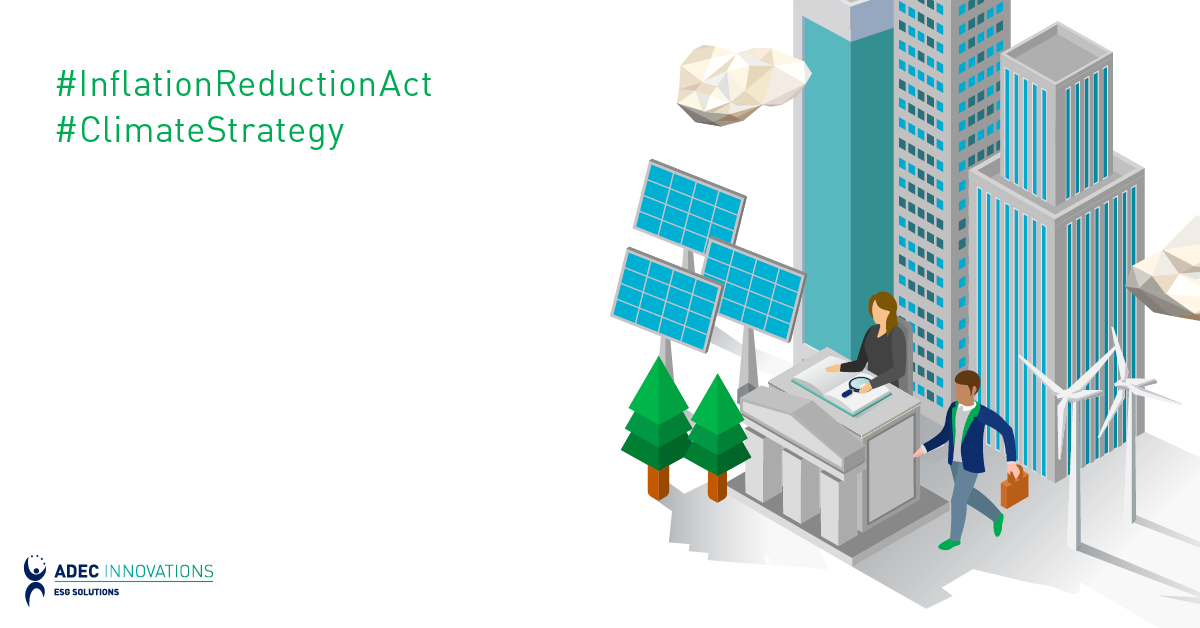 As the costs associated with oil and gas production begin to increase, both investors and consumers have begun to recognize the importance of cultivating alternative forms of energy. It is well-recognized that solar and wind energy are renewable resources that are readily available to use as long as we have the right conditions, resources and technology. Generally, solar and wind technologies are attractive sources of alternative energy because they are considered to be passive and low maintenance, it also has the ability to be easily integrated into urban infrastructure and industrial design. As the local, state, and federal agencies are receiving an outpour of renewable energy development applications, it has become increasingly important to be familiar with the potential challenges that may arise in order to undertake these efforts.
As the costs associated with oil and gas production begin to increase, both investors and consumers have begun to recognize the importance of cultivating alternative forms of energy. It is well-recognized that solar and wind energy are renewable resources that are readily available to use as long as we have the right conditions, resources and technology. Generally, solar and wind technologies are attractive sources of alternative energy because they are considered to be passive and low maintenance, it also has the ability to be easily integrated into urban infrastructure and industrial design. As the local, state, and federal agencies are receiving an outpour of renewable energy development applications, it has become increasingly important to be familiar with the potential challenges that may arise in order to undertake these efforts.
Consequently, the recent announcement on the approval of two solar energy plants on public lands in California and Nevada has shed light on one of the more scrutinized impact areas associated with renewable energy sources, posing an ongoing debate among environmentalists about its potent effects on .
 The approved plants are expected to supply 550 megawatts of renewable energy, with enough power to produce electricity for around 170,000 homes and create more than 700 jobs through the construction and operation of the two projects. Throughout the entire review process, non-profit groups expressed their concerns regarding the possible negative impact that the construction has among populations of desert tortoises in the Ivanpah Valley. Specifically, the groups alleged that the plants would lead to the isolation of the tortoise’s habitats, which will eventually shrink their gene pool.
The approved plants are expected to supply 550 megawatts of renewable energy, with enough power to produce electricity for around 170,000 homes and create more than 700 jobs through the construction and operation of the two projects. Throughout the entire review process, non-profit groups expressed their concerns regarding the possible negative impact that the construction has among populations of desert tortoises in the Ivanpah Valley. Specifically, the groups alleged that the plants would lead to the isolation of the tortoise’s habitats, which will eventually shrink their gene pool.
 Similar issues have been raised to the Ivanpah Solar Electric Generating Station, located five square miles along the federal land on the California-Nevada border, southwest of Las Vegas; which officially started its operations in February. Several groups alleged that the technology is killing birds due to the scorching heat that bounces upward, and it also threatens desert tortoises and bighorn sheep by tapping scarce water resources.
Similar issues have been raised to the Ivanpah Solar Electric Generating Station, located five square miles along the federal land on the California-Nevada border, southwest of Las Vegas; which officially started its operations in February. Several groups alleged that the technology is killing birds due to the scorching heat that bounces upward, and it also threatens desert tortoises and bighorn sheep by tapping scarce water resources.
While these projects provide examples on how the nation is becoming a world leader in alternate forms of energy, their related regulatory and legal obstacles show that it is integral to have sound science with straightforward regulatory planning in order to reduce a significant impact to resources, reduce the potential time for delays and in turn reduce project costs associated with delays. Some potential methods to reduce impacts and the potential project delays include:
- Identifying sensitive biological resources: An initial Biological Resources Evaluation prepared by a qualified biologist can identify significant resources on-site such as wetlands, special status species, or sensitive habitats that may impact the project activities.
- Conducting focused surveys as needed: In some cases, a Biological Resources Evaluation will identify the need to conduct additional focused surveys for special status plants and animals during the appropriate identification period to assist in “fleshing out” or mapping the biological landscape.
- Designing projects to avoid or minimize impacts on biological resources: This reduces the need for costly and time-consuming redesigns and makes the permitting processes more efficient. A qualified biological consultant can assist with the project design to avoid or minimize impacts on protected biological resources. In the event that significant impacts to biological resources cannot be avoided, mitigation measures can be developed to reduce those impacts.
FirstCarbon Solutions’ (FCS) skilled team of biological resources specialists are involved in a broad spectrum of projects, including renewable energy projects, using accepted techniques in data collection and analysis in compliance with state and federal regulations.These development activities require a well-rounded mix of scientific knowledge, sensitivity to public values, as well as local, state and federal expertise. For more information or to request a consultation, contact FCS today.





